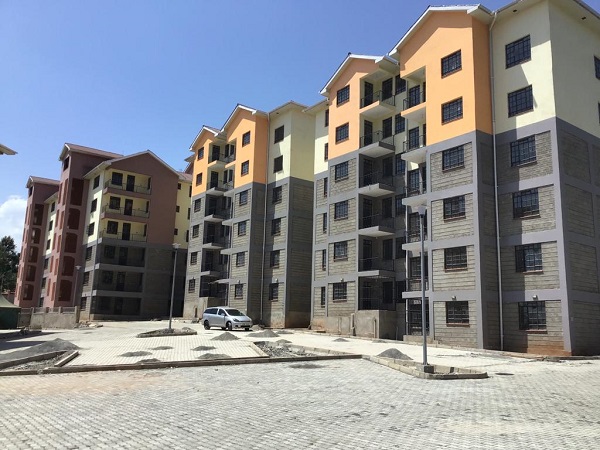Urbanization is an integral part of economic development, and right now, Africa is seeing one of highest rates of growth in both these aspects.
Unfortunately the increase in the urban population has outpaced economic development in most of regions of African continent, resulting in spiked demand for safe, clean and adequate housing that is also affordable by this population. While a number of initiatives have been taken up by several countries, the situation largely remains uncertain.
When we talk of affordable housing a lot of factors come into place with respect to the development and the kind of hurdles developers face. In addition to that, housing development as we know is quite dynamic and witnesses rapid changes that influence the entire value chain of the sector.
In this article we highlight some of the major challenges faced by developers and how it impedes the process of creating affordable housing in Africa.
1. Shortage of finance
The perceived risks, high costs of doing business and longer term for returns create a situation where the affordable housing sector lands directly in competition with other types of real estate investment like commercial spaces, luxury segment and high-end housing which are perceived to reap greater and faster benefits on investment.
2. Land governance
Multiple contradictory land tenures and agreements, out-of-date land registries, lack of computerized land titling systems, inadequate incentives coupled with varied disagreements between the local and central policies make land policies for affordable housing, counterproductive. This reflects on the security of land being under constant threat, posing complications in property rights. Consequently, investors get discouraged, land assembly gets difficult and cost of land outstrips its value.
3. Infrastructure
Many of the African cities have seen a reverse trend in affordable housing development wherein the construction happens first followed by provision of infrastructure facilities like reliable electricity, clean water supply, sanitation services and efficient transport system. This puts a huge pressure on developers to pump in more money, incur higher lead times and face the risk of the long wait to dispose the units.
4. Building technology
The equipment, innovative techniques and alternate building materials all provide for expedited and highly cost-efficient, large-scale housing projects which then go on to justify the investments into the project. Unfortunately, most developers in the sector face resource and capacity limitations along with insufficient incentives, to capitalize on these aspects resulting in weak competition in terms of affordability of the housing units.
5. Inadequate housing policies
Due to inconsistencies in decentralization processes and the urban planning strategies, the local governance has a limited control on the implementation of these strategies resulting in unnecessary cost escalations usually accompanied with delays in project development. Also coupled with the fact that, multiple ministries are often involved in developing the housing polices and urban plans at large tend to function with different objectives and incentives, further make the development and implementation of comprehensive housing policies difficult.
6. Low priority for housing in construction sector
With most African countries highly dependent of certain few, high-return sectors, to drive their economies, a drastic change in government’s priorities towards affordable housing would be unlikely since this step might have a ripple effect on multiple aspects of a nation including the economic and social development. This mirrors in the fact that provision of serviced land for affordable housing has seen a decline in high-demand areas, close to public facilities and workplaces due to multiple reasons including technical capacities and perceived lower returns of investments.
These primary challenges encountered by affordable housing developers are highly complex and interdependent which makes them impossible to be solved by a single body. Thus, necessitating a platform which can bring together multiple stakeholders from varied areas of expertise in order to deliberate and seek solutions to such common problems.
Also Read
Affordable housing: Rethinking mortgage industry
Making Affordable housing a reality in Kenya

